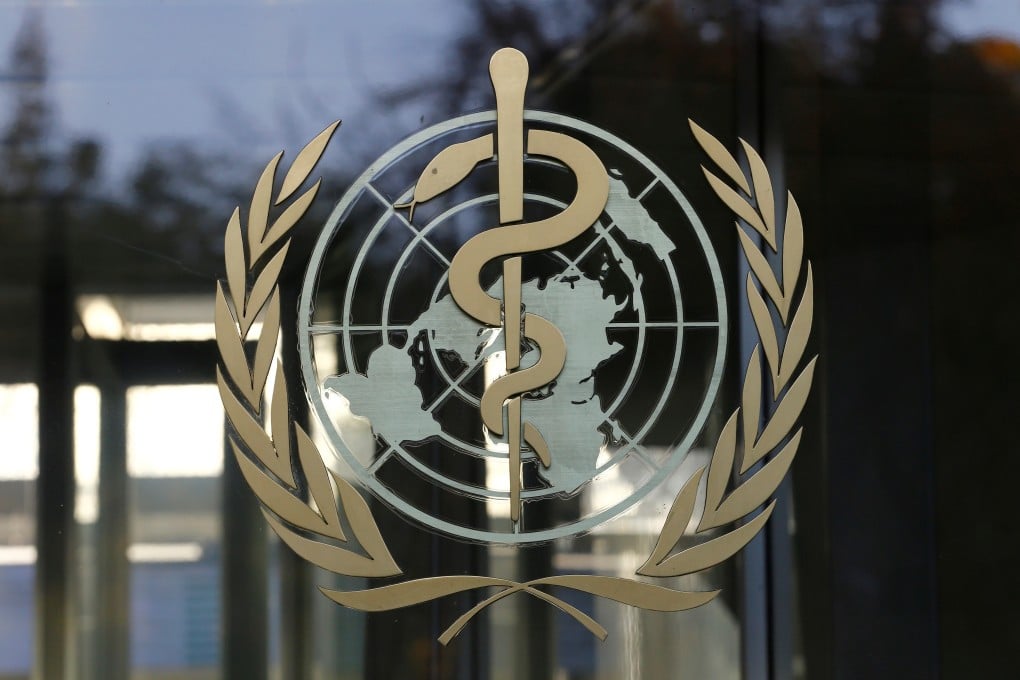US beats China in coronavirus funding to WHO, despite threats to withdraw
- United States is eighth-largest donor to pandemic fighting fund while China’s contributions put it in tenth place
- Britain surprises as largest contributor with public and corporate donations a close second

A progress report by the WHO showed that 58 countries and entities had donated US$724 million as of June 30. China was in tenth place with a contribution of US$25 million, behind Kuwait, Japan and the US – which gave US$34 million to put it at number eight.
Britain was the world’s biggest donor, contributing US$108 million. Charities and institutions also gave big, with the Covid-19 Solidarity Response Fund – set up to receive donations from corporations and the general public – at second place with close to US$104 million. Fifth-highest in the donations table was the World Bank, which contributed US$58 million.
In its report, the WHO said it was especially grateful for donations of fully flexible funding which allowed it to direct resources to where they were most needed. Funds went towards the agency’s country and regional offices to buy and distribute essential supplies, it said.
As the pandemic continues to spread, the WHO has estimated it will need an additional US$1 billion up to the end of the year to continue its response – a significant challenge given the impact of the coronavirus on economies around the world.
The US is the biggest contributor to the WHO’s regular funding, giving US$893 million in 2018 and 2019 – around 15 per cent of the agency’s total budget. Its withdrawal would have a significant impact and it is unclear that China would step in to fill the gap.